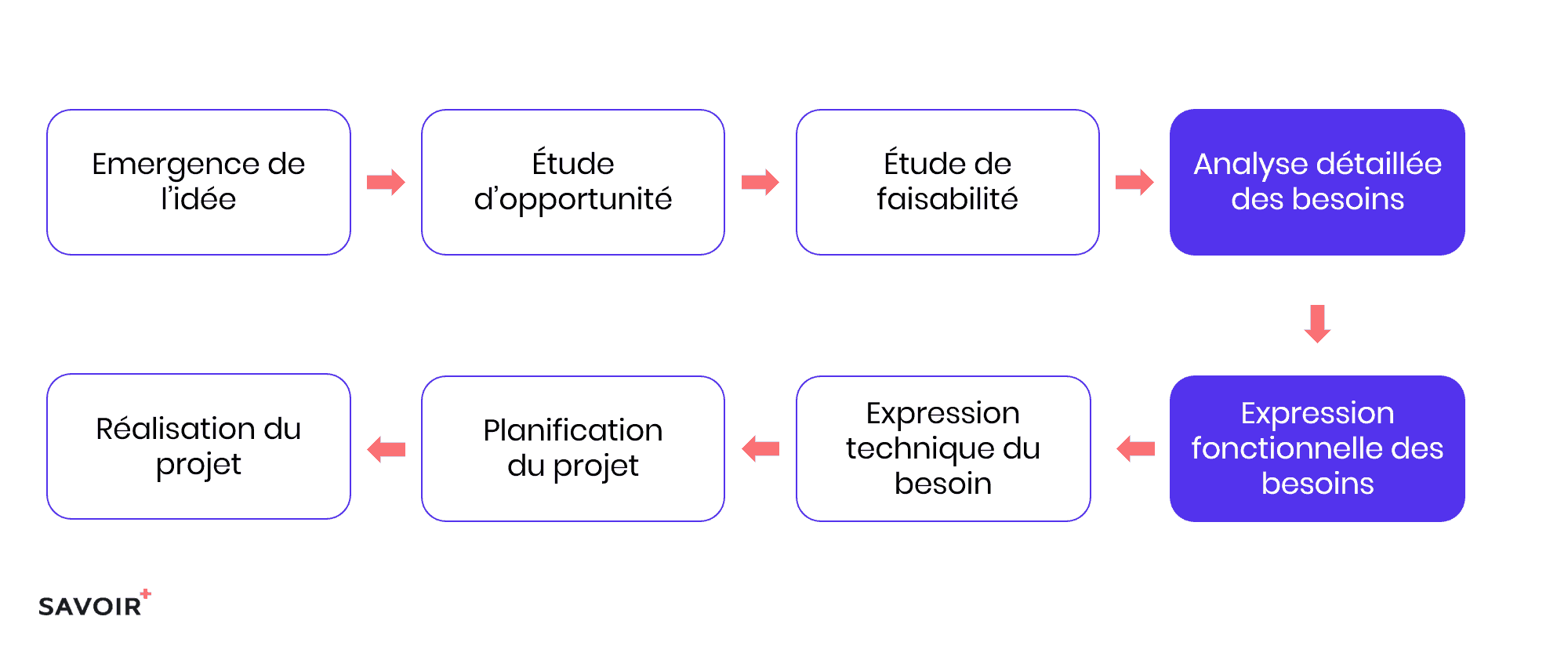AI Therapy: Surveillance In A Police State?

Table of Contents
The Promise and Peril of AI in Mental Healthcare
AI therapy offers significant advantages, but these must be weighed against considerable risks.
Benefits of AI Therapy
AI presents several compelling benefits for mental health treatment:
- Accessibility: AI therapy can reach individuals in remote areas or those with limited mobility, overcoming geographical barriers to care.
- Affordability: AI-powered solutions can potentially reduce the cost of mental healthcare, making it more accessible to a wider population.
- Personalized Treatment: AI algorithms can tailor treatment plans to individual needs and preferences, adapting as progress is made.
- Anonymity: For some, the anonymity offered by AI therapy can reduce the stigma associated with seeking mental health support.
- 24/7 Availability: Unlike human therapists, AI is available around the clock, providing immediate support when needed.
- Reduction of Stigma: The impersonal nature of AI interaction can make it easier for some individuals to overcome the stigma associated with seeking professional help for mental health issues.
Examples of AI therapy applications include chatbots offering cognitive behavioral therapy (CBT) for anxiety and depression, and virtual assistants providing personalized support and reminders for medication adherence. These tools can be particularly effective in treating conditions like anxiety, depression, PTSD, and even substance abuse.
Data Collection and Privacy Concerns
The very nature of AI therapy necessitates the collection of extensive personal data. This includes:
- Personal Information: Name, age, contact details, medical history.
- Conversation Logs: Detailed records of every interaction between the user and the AI system.
- Emotional Responses: Analysis of voice tone, typing speed, and other indicators of emotional state.
This data, if mishandled, could be misused in numerous ways:
- Data Breaches: Cyberattacks could expose sensitive personal information, leading to identity theft and emotional distress.
- Unauthorized Access: Improper security measures could allow unauthorized individuals or organizations to access user data.
- Lack of Clear Regulations: The absence of comprehensive regulations leaves a significant gap in data ownership and usage, raising serious privacy concerns.
Algorithmic Bias and Discrimination
AI algorithms are trained on datasets, and if these datasets reflect existing societal biases, the resulting algorithms will inevitably perpetuate and amplify those biases. This can lead to:
- Inaccurate Diagnoses: Biased algorithms may misinterpret symptoms or provide inaccurate diagnoses, particularly for individuals from marginalized groups.
- Inappropriate Treatment Recommendations: AI systems might suggest ineffective or even harmful treatment options based on biased data.
- Discrimination: Certain groups could be unfairly excluded from receiving appropriate mental healthcare due to algorithmic biases based on race, gender, socioeconomic status, or other factors.
To mitigate these risks, it's crucial to use diverse and representative datasets when training AI algorithms and to implement rigorous testing and validation procedures to identify and address biases.
AI Therapy and the Erosion of Privacy in a Police State
The potential for misuse of AI therapy data extends beyond individual privacy violations; it poses a significant threat to individual liberties, particularly in authoritarian regimes.
Potential for State Surveillance
Governments could exploit AI therapy data for surveillance purposes, using it to:
- Track Mental Health Status: Monitoring individuals' emotional states and identifying potential dissenters or those deemed "unstable."
- Identify Potential Threats: Using AI to flag individuals expressing thoughts or behaviors deemed "threatening" to the state.
- Political Repression: Suppressing dissent by targeting individuals based on their mental health status as revealed through AI therapy interactions.
- Social Control: Using AI therapy data to maintain social order and control through preemptive identification and management of perceived risks.
This creates a chilling effect, deterring individuals from seeking necessary mental health support for fear of government surveillance.
Lack of Transparency and Accountability
The lack of transparency surrounding data handling practices by AI therapy providers is a major concern:
- Data Collection Methods: It’s often unclear exactly what data is being collected and how it’s being used.
- Data Storage and Security: The security measures employed to protect user data are often not adequately disclosed.
- Data Sharing Practices: The extent to which data is shared with third parties is often unclear.
Independent audits and robust accountability mechanisms are essential to ensure responsible data handling and prevent misuse.
The Chilling Effect on Free Speech and Dissent
The fear of surveillance through AI therapy can significantly suppress free speech and dissent:
- Self-Censorship: Individuals may avoid expressing their true feelings or opinions in therapy sessions to avoid potential repercussions.
- Limited Openness: The potential for surveillance can inhibit genuine self-exploration and honest communication with AI therapists.
- Erosion of Trust: The lack of transparency and potential for misuse can erode public trust in mental health services and AI technology in general.
Conclusion
AI therapy holds immense potential to revolutionize mental healthcare, but its benefits must be carefully weighed against the serious risks to privacy and individual liberties. The potential for data misuse, algorithmic bias, and state surveillance, particularly in authoritarian contexts, demands our urgent attention. We need robust regulations, ethical guidelines, and increased transparency in the AI industry to safeguard individual rights and prevent the misuse of this powerful technology. We must advocate for stricter privacy protections, independent audits, and accountability mechanisms to ensure responsible development and deployment of AI therapy. The future of AI-driven mental healthcare depends on our collective commitment to ethical considerations and the protection of fundamental human rights. Share your thoughts and concerns about the future of AI therapy and its potential use in a police state – let's engage in this critical conversation together.

Featured Posts
-
 Marche Du Gardiennage Analyse Des Besoins Et Des Perspectives D Emploi
May 16, 2025
Marche Du Gardiennage Analyse Des Besoins Et Des Perspectives D Emploi
May 16, 2025 -
 The Truth Behind The Rumors Did Elon Musk Father Amber Heards Twins
May 16, 2025
The Truth Behind The Rumors Did Elon Musk Father Amber Heards Twins
May 16, 2025 -
 Whats Preventing The Top 10 Nba Teams From Winning
May 16, 2025
Whats Preventing The Top 10 Nba Teams From Winning
May 16, 2025 -
 Urgent Action Needed Extremely High Pfas Levels Detected In Blue Mountains Water
May 16, 2025
Urgent Action Needed Extremely High Pfas Levels Detected In Blue Mountains Water
May 16, 2025 -
 Biden Aide Urges First Couple To Avoid Political Entanglements
May 16, 2025
Biden Aide Urges First Couple To Avoid Political Entanglements
May 16, 2025
